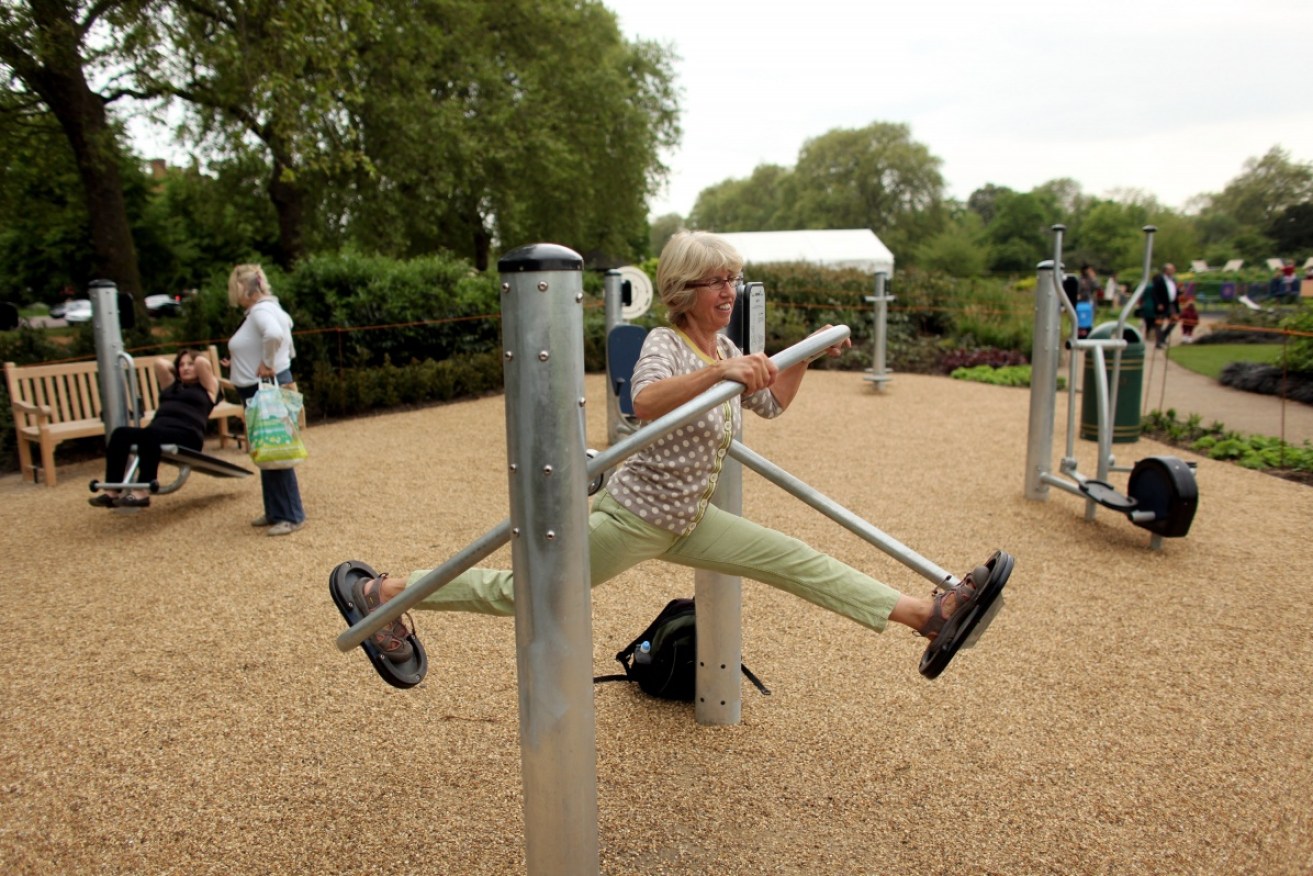Exercise reduces the risk of dementia in women ‘by almost 90 per cent’


Exercise is key to reducing the risk of dementia, researchers in Sweden have found. Photo: Getty
Women with high stamina can significantly lower their risk of developing dementia later in life, a decades-long study has found.
Middle-aged women with a high level of cardiovascular fitness were 88 per cent less likely to experience a decline in cognitive abilities than those who were moderately fit, according to a new study published in the journal Neurology.
The study by the University of Gothenburg, in Sweden, began in 1968 when researchers measured how 191 women, aged 38 to 60, performed on an ergometer cycling test.
Researchers tracked the women’s health for over 44 years, until 2012, and looked at who developed dementia.
They found 5 per cent of the fittest women developed dementia, compared with 32 per cent of the women with a low fitness score and 25 per cent of those women with a medium fitness score.
The age at which the women with a high exercise capacity developed dementia was 11 years older than those with medium exercise capacity.
Professor Stephen Bird, from the School of Health and Biomedical Sciences at Melbourne’s RMIT, said the findings supported previous studies that found a link between a higher level of cardiovascular fitness and a lower incidence of dementia.
“Those findings would fit in very much with a lot of other studies that have been done in the last few years that look at the potential benefits of physical activity in reducing the onset of dementia,” Professor Bird said.
He said it raises people’s awareness about the need to be physically fit, particularly in later life.
“Pursuing a healthy lifestyle can help reduce the risk of these very debilitating conditions that affect not only the individual but their families and the people around [them],” Professor Bird said.
“That kind of sample size [191 women] does provide a piece of positive evidence for the benefits of exercise.
“Given that we have an ageing population … and we are facing the potential increase in a lot of chronic diseases, it’s an important finding.
“Dementia is going to be one of the real key health topics and health issues that we will be having to deal with over the next 20 or 30 years.
“Therefore evidence and information that can help reduce the risk is very important.”
Neurologist Dr Matthew Kiernan said the study raised some “exciting” and “important” findings that showed the need for people to continue to look after themselves well into their adult life.
“Look after your weight, blood pressure, have good living, good diet and do a bit of exercise. These all go well in terms of maintaining good cognitive function.”








